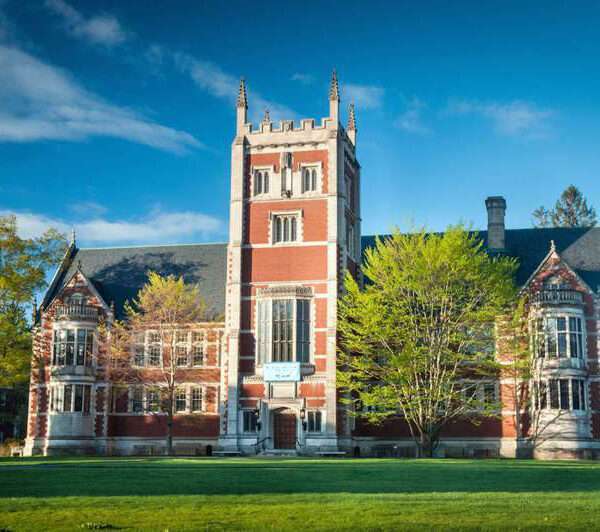Bowdoin College today announced that it has expanded its need-blind admissions policy to include international citizens. This step is one of many that the College has taken over the past decade to remove barriers for students, and it makes Bowdoin one of just seven institutions nationally with comprehensive need-blind aid policies for all students, regardless of citizenship.
“Ensuring access to a Bowdoin education is central to our mission. This commitment to need-blind admission for our international applicants is another important part of a remarkable program of access and affordability that only a few other colleges and universities are able to provide,” said Bowdoin College President Clayton Rose.
Bowdoin has long been a leader in eliminating barriers for students, including adopting the country’s first test-optional admissions policy in 1969. As it seeks to be accessible to all students, regardless of their financial circumstances, the College currently provides students with financial aid awards that meet their full calculated need and has done so without loans since 2008. Now Bowdoin joins Harvard University, Princeton University, Massachusetts Institute of Technology, Yale University, Dartmouth College, and Amherst College in including all students, regardless of citizenship, under its need-blind admissions policy.
“It is critical that a great liberal arts education like Bowdoin’s be accessible to students from all economic backgrounds and all citizenships,” said Claudia Marroquin, senior vice president and dean of admissions and student aid. “This latest policy makes Bowdoin’s message clear—we welcome the world’s most talented students, regardless of background, and we are doing all we can to support students from admission to graduation,” Marroquin said. “From traditional financial aid support to innovative programs aimed at ensuring all students can thrive, the College is committed to making Bowdoin accessible and transformational.”
For decades Bowdoin has embraced student-centered policies and implemented innovative changes to ensure the world’s most promising students could enroll and thrive at its campus in Brunswick, Maine. In addition to providing students with student aid that supports their financial need, in 2021 the College replaced summer work obligations with additional scholarships for students from lower-income (under $75,000) families. Earlier this year Bowdoin announced it would provide all students, regardless of financial need, with equitable technology (MacBook Pro, an iPad, and an Apple Pencil).
In addition to financial aid support, Bowdoin offers a number of programs designed to ensure all students, regardless of financial circumstance, can fully experience student life. These programs include financial support for study abroad, internships, research grants, and emergencies, as well as funding for graduating seniors applying for graduate and medical school. Bowdoin’s THRIVE program has also provided start-up grants, peer mentoring, success coaching, internship funding, and several transition supports.
The policy will be implemented in the 2022–2023 application cycle, beginning with Early Decision applicants in November. International citizens currently represent seven percent of Bowdoin’s enrollment.

